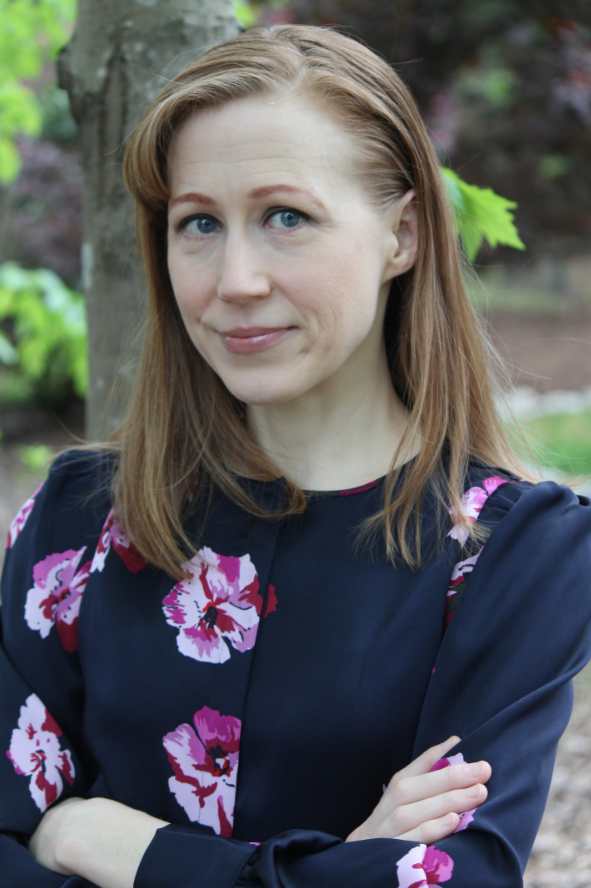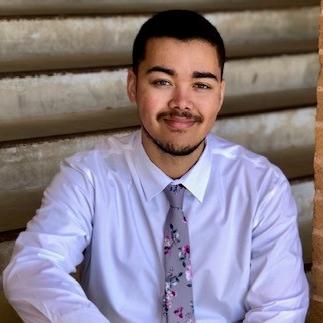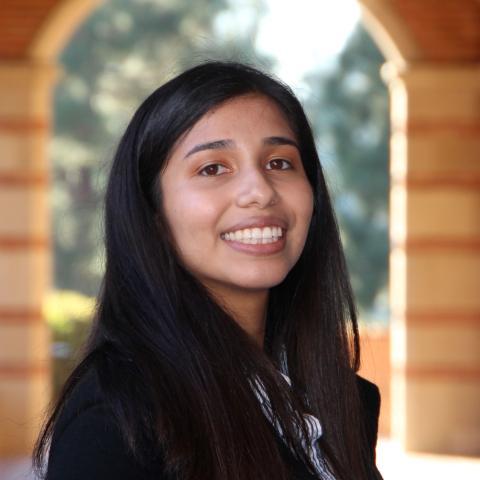Faculty Coordinators

Corrine McConnaughy is currently a Research Scholar and Lecturer in the Department of Politics at Princeton University. She was previously Associate Professor of Political Science at George Washington University and Assistant Professor at both The Ohio State University and UT-Austin. She works broadly on questions of whether and how American democracy depends upon its institutional arrangements and the actions of those historically excluded from it, as well as on social science research methodology. Her work has been published in a broad range of journals including the American Journal of Political Science, the Journal of Politics, Public Choice, Public Opinion Quarterly, and Studies in American Political Development. She is author of the book The Woman Suffrage Movement in America: A Reassessment (Cambridge University Press, 2013). Her work also includes contributions to initiatives to expand the field of political methodology, including helping to establish the Visions in Methodology program for increasing women scholars’ involvement in the Society for Political Methodology.

Dr. Ismail White is Professor of Politics and Public Affairs at Princeton University. He received his B.A. in political science from Southern University in Baton Rouge, Louisiana and his Ph.D. in political science from the University of Michigan. Dr. White studies American politics with a focus on Black politics, public opinion, and political participation. He is co-author of the recent book Steadfast Democrats: How Social Forces Shape Black Political Behavior (Princeton University Press, 2020), which explains the maintenance of Black unity in party politics through the establishment and enforcement of racial group norms of political behavior. His research has appeared in a range of academic journals including the American Political Science Review, American Journal of Political Science, Journal of Politics, Public Opinion Quarterly, Political Analysis, Journal of Black Studies, Race and Social Problems, and Politics, Groups and Identities. His work has won awards from the American Political Science Association, the Midwest Political Science Association, and the National Conference of Black Political Scientists. He currently serves on board of the American National Election Study and as the Director of Survey Research at the Joint Center for Political and Economic Studies.
Student Coordinators

Isaiah Johnson is a 4th year Ph.D. candidate in the Department of Politics at Princeton University. He works in American Politics and political behavior, focusing on race and ethnic politics. Methodologically, Isaiah is interested in ways to utilize experiments to answer formal models.

Adrian Pietrzak is a 4th year Ph.D. candidate in the Department of Politics at Princeton University. He studies American Politics, with a focus on urban politics. His research interests span a range of issues such as urban land-use and housing politics, the incentives driving local institutions regarding service delivery, and municipal finance.

Alisson Ramos is a PhD student in the Department of Politics specializing in American politics. She is a recipient of the pre-doctoral fellowship along with being part of the Graduate Scholars Program at Princeton University.

